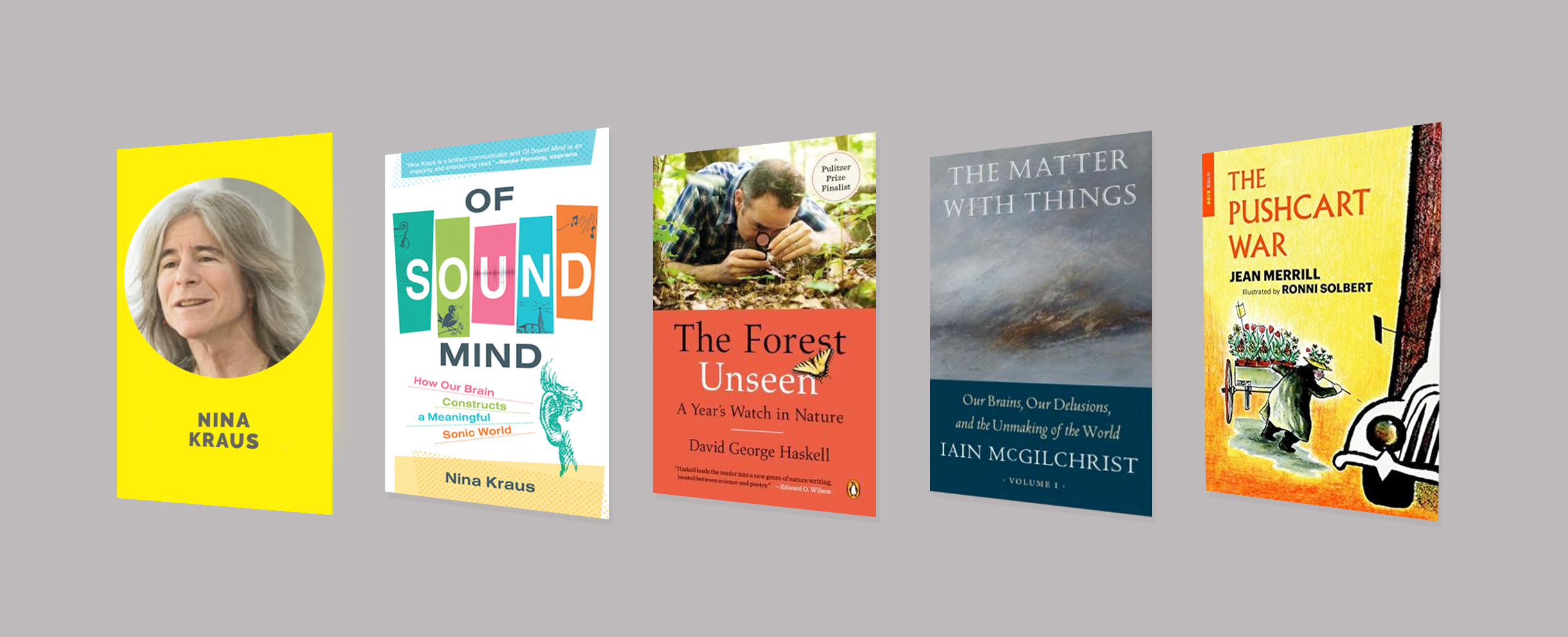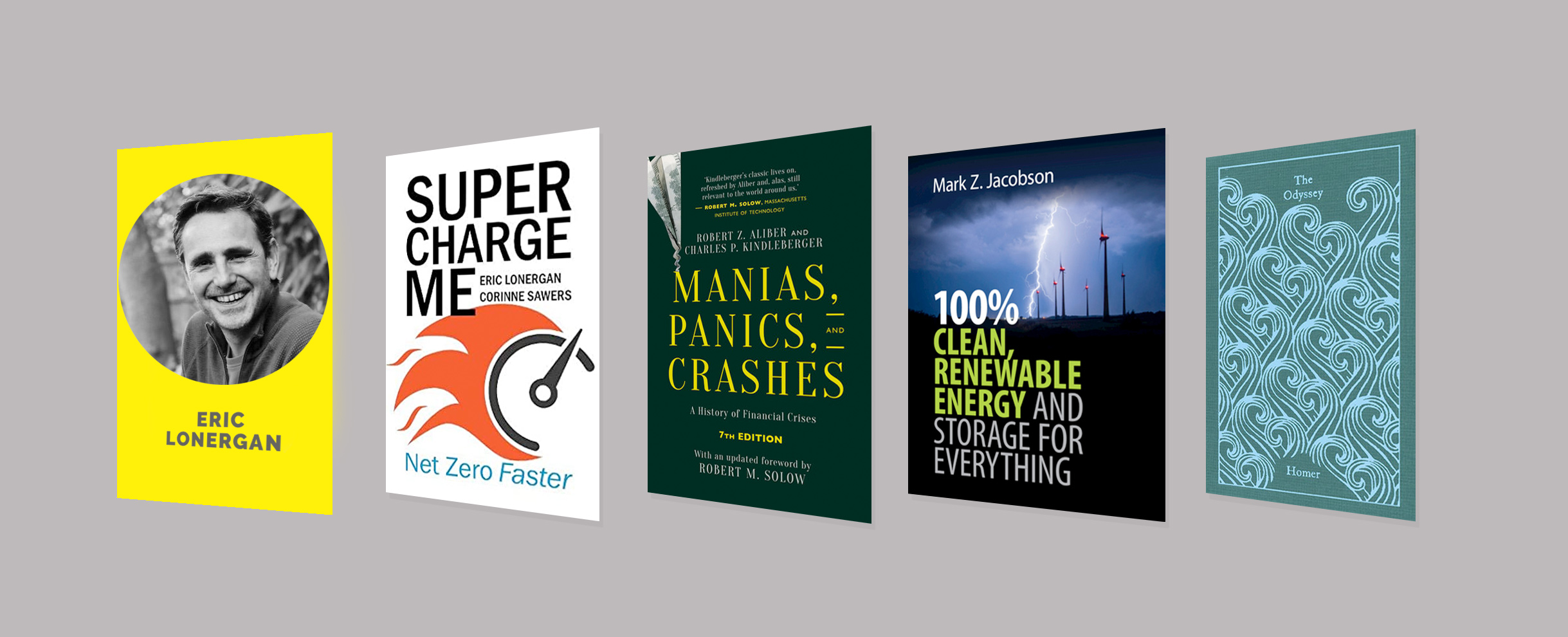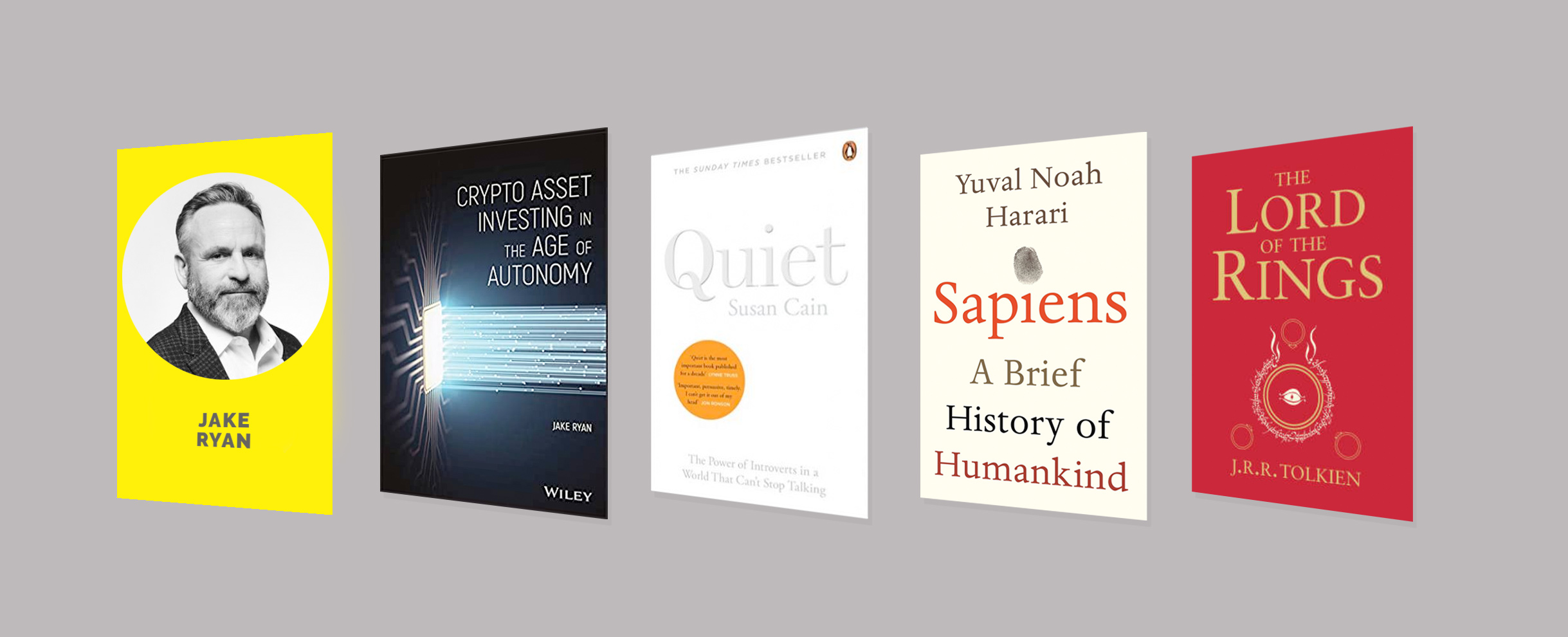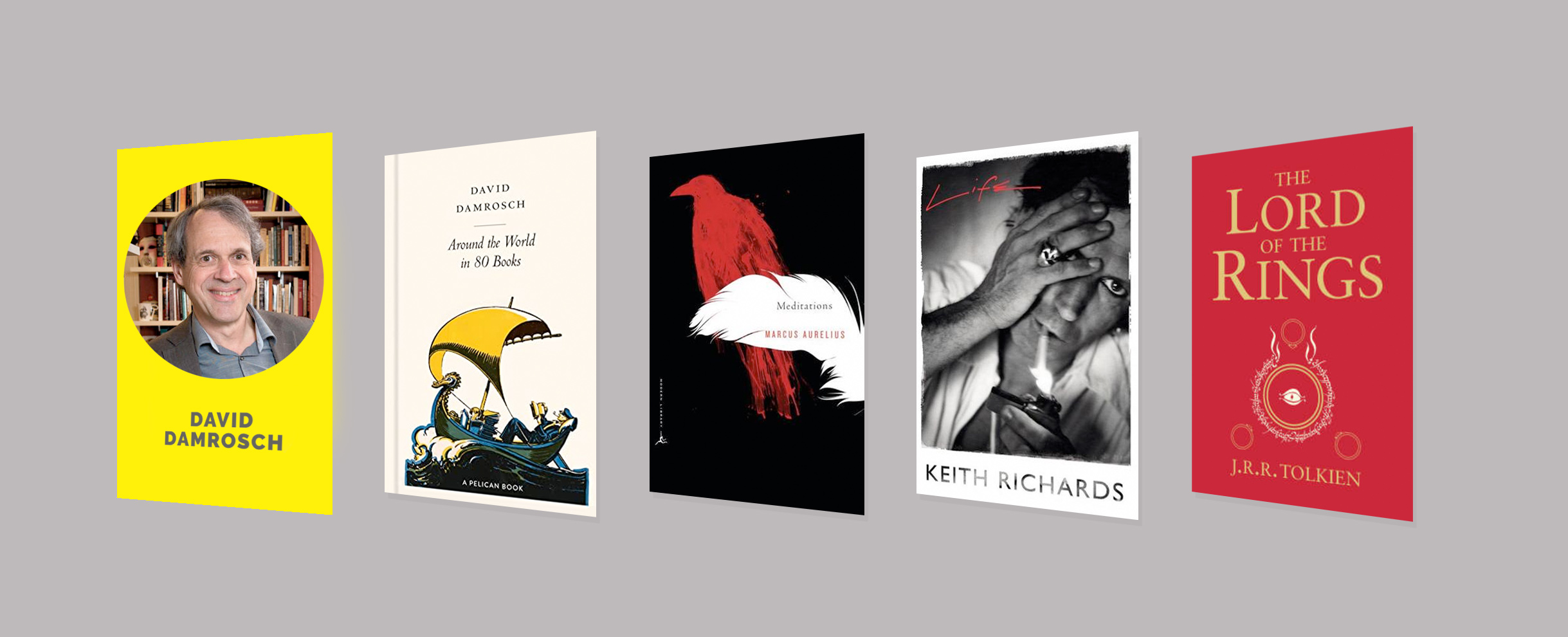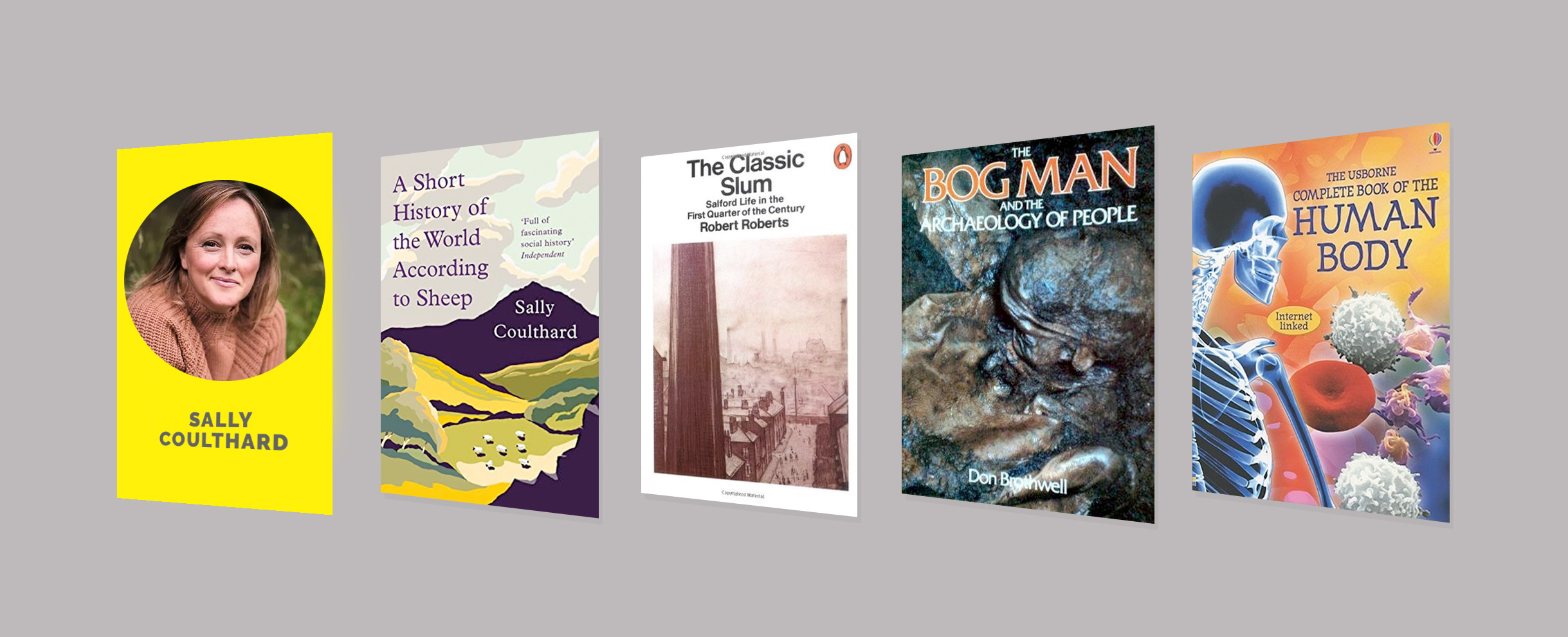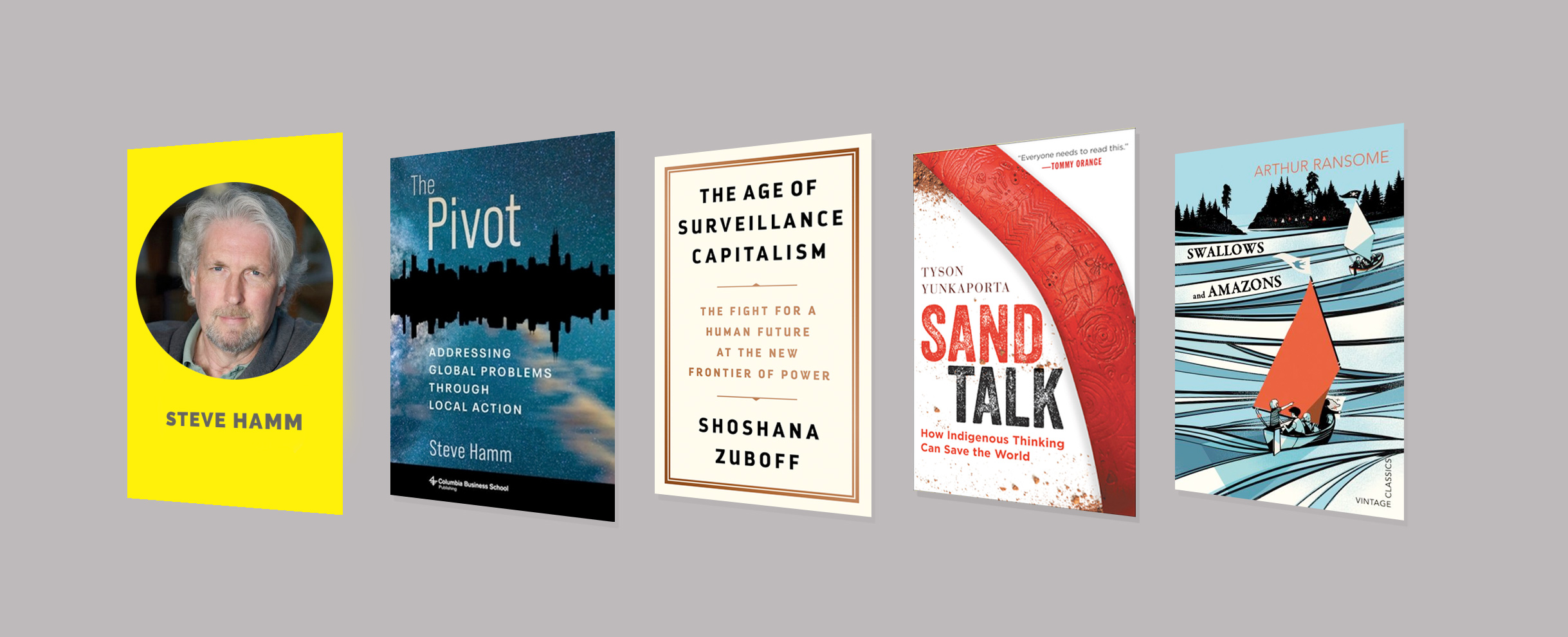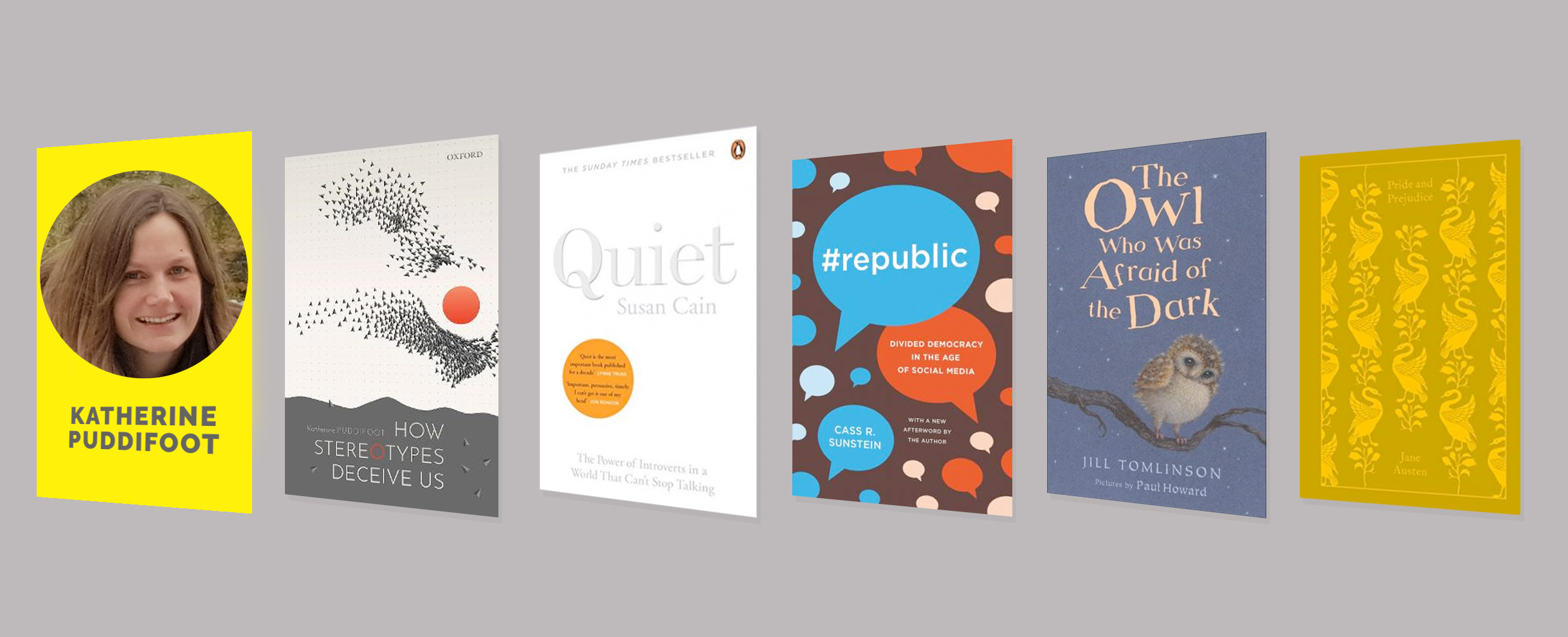Interview with Karla Starr, co-author of Making Numbers Count: The Art and Science of Communicating Numbers
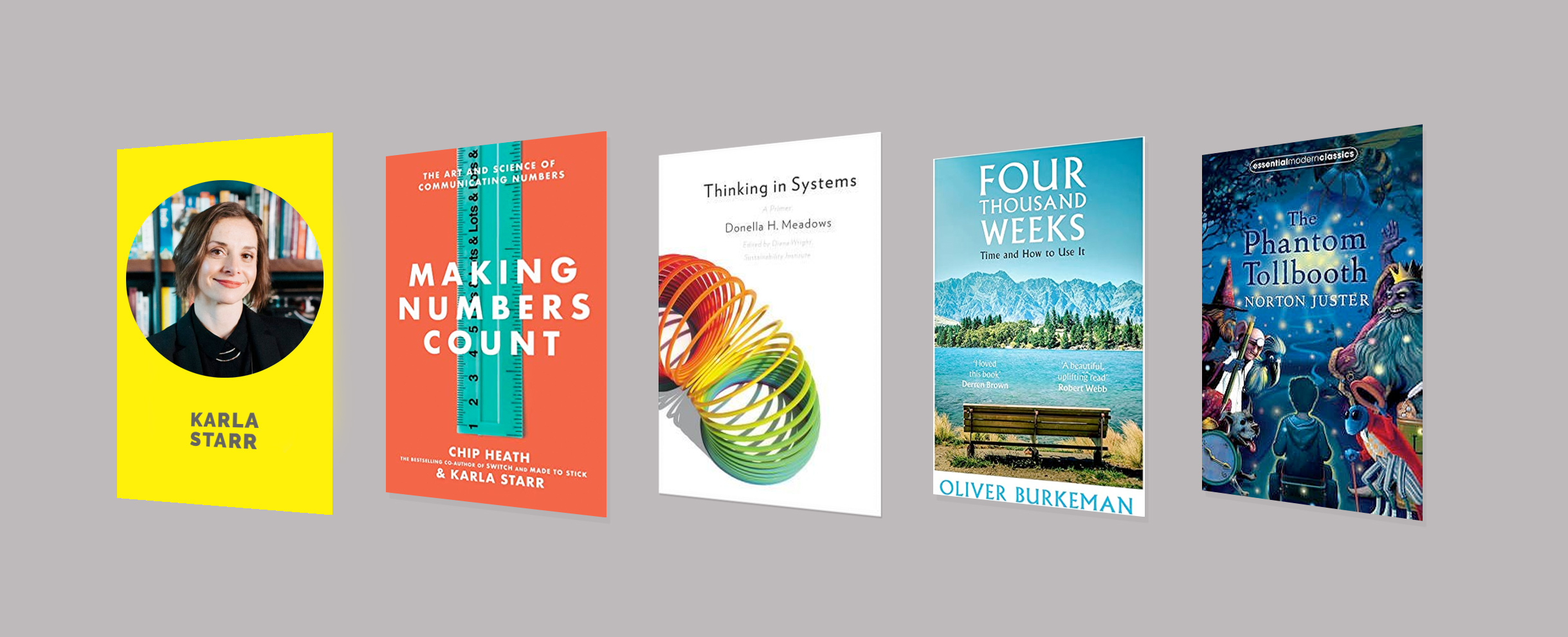
Karla Starr, co-author of Making Numbers Count: The Art and Science of Communicating Numbers recommends some superb books! Before jumping into the interview, please check out Karla's book:
Review from Book Depository:
Making Numbers Count is a lively, practical, first-of-its-kind guide to turning cold, clinical data into a memorable story.
(All links earn commission from purchases. Prices accurate at time of writing)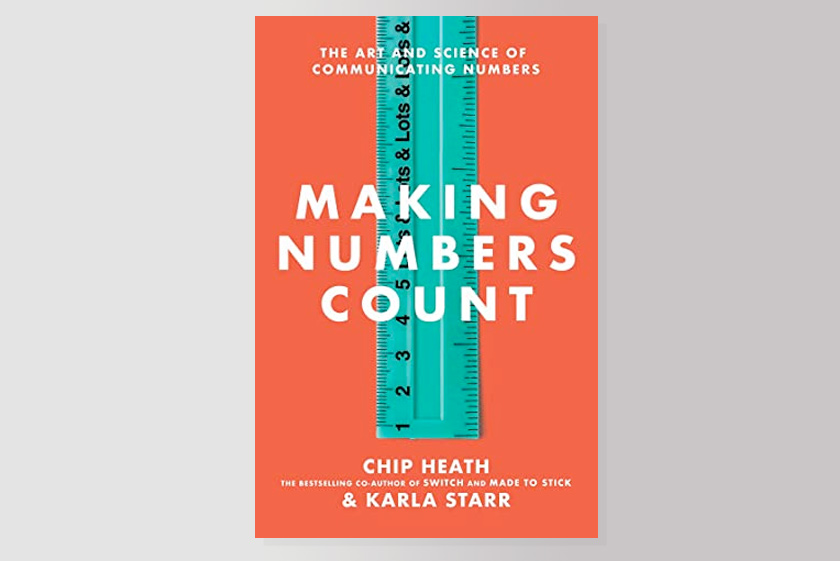
Making Numbers Count: The Art and Science of Communicating Numbers
How many hours' worth of songs are on your Spotify Wrapped this year?
How much is your commute time really worth?
How do you work out how likely you are to get Covid based on the official statistics?
How do your viewing hours track against the most popular shows on Netflix?
Whether you're interested in global problems like climate change, and understanding that the Australian wildfires destroyed an area twice the size of Portugal, or just grasping how few people have washed their hands between visiting the bathroom and touching your hands, this book will help math-lovers and math-haters alike translate the numbers that animate our world.
Until very recently, most languages had no words for numbers greater than five - anything from six to infinity was known as 'lots'. While the numbers in our world have become increasingly complex, our brains are stuck in the past. Yet the ability to communicate and understand numbers has never mattered more. How can we more effectively translate numbers and stats - so fundamental to the next big idea - to make data come to life?
Drawing on years of research into making ideas stick, Chip Heath and Karla Starr outline six critical principles that will give anyone the tools to communicate numbers with more transparency and meaning. Using concepts such as simplicity, concreteness and familiarity, they reveal what's compelling about a number and show how to transform it into its most engaging form.
Buy On:
Book Depository €12.704
Waterstones £14.99
Wordery $16.87
Q. Do you have a favourite smart thinking book (and why that book)?
Thinking in Systems by Donella Meadows. People always talk about systems—the way we structure our lives, or larger social/economic/political entities—without a good grasp of that framework. This book for understanding how those pieces interact with each other to create a complex structure. We're used to thinking in linear terms within siloed disciplines; this book will fundamentally alter how you view the world and help you create lasting change.
Review From Book Depository
In the years following her role as the lead author of the international bestseller, Limits to Growth--the first book to show the consequences of unchecked growth on a finite planet-- Donella Meadows remained a pioneer of environmental and social analysis until her untimely death in 2001. Meadows' newly released manuscript, Thinking in Systems, is a concise and crucial book offering insight for problem solving on scales ranging from the personal to the global. Edited by the Sustainability Institute's Diana Wright, this essential primer brings systems thinking out of the realm of computers and equations and into the tangible world, showing readers how to develop the systems-thinking skills that thought leaders across the globe consider critical for 21st-century life.
(All links earn commission from purchases. Prices accurate at time of writing)

Thinking in Systems: A Primer
Some of the biggest problems facing the world--war, hunger, poverty, and environmental degradation--are essentially system failures. They cannot be solved by fixing one piece in isolation from the others, because even seemingly minor details have enormous power to undermine the best efforts of too-narrow thinking. While readers will learn the conceptual tools and methods of systems thinking, the heart of the book is grander than methodology. Donella Meadows was known as much for nurturing positive outcomes as she was for delving into the science behind global dilemmas. She reminds readers to pay attention to what is important, not just what is quantifiable, to stay humble, and to stay a learner. In a world growing ever more complicated, crowded, and interdependent, Thinking in Systems helps readers avoid confusion and helplessness, the first step toward finding proactive and effective solutions.
Buy On:
Book Depository €11.61
Waterstones £14.99
Wordery $14.74
Q. What's the most recent smart thinking book you've read (and how would you rate it)?
4,000 Weeks by Oliver Burkeman was a brilliant book that completely changed my relationship with time. I've already given to many others. Sadly, the people who say they don't have time to read it are the ones who would benefit the most!
Review from Book Depository:
What if you stopped trying to do everything, so that you could finally get round to what counts?
We're obsessed with our lengthening to-do lists, our overfilled inboxes, the struggle against distraction, and the sense that our attention spans are shrivelling. Still, we rarely make the connection between our daily struggles with time and the ultimate time management problem: the question of how best to use our ridiculously brief time on the planet, which amounts on average to about four thousand weeks.
(All links earn commission from purchases. Prices accurate at time of writing)

Four Thousand Weeks: Embrace your limits. Change your life.
Four Thousand Weeks is an uplifting, engrossing and deeply realistic exploration of the challenge. Rejecting the futile modern obsession with 'getting everything done,' it introduces readers to tools for constructing a meaningful life by embracing rather than denying their limitations. And it shows how the unhelpful ways we've come to think about time aren't inescapable, unchanging truths, but choices we've made, as individuals and as a society. Its many revelations will transform the reader's worldview.
Drawing on the insights of both ancient and contemporary philosophers, psychologists, and spiritual teachers, Oliver Burkeman sets out to realign our relationship with time - and in doing so, to liberate us from its tyranny.
Embrace your limits. Change your life. Make your four thousand weeks count.
Buy On:
Easons €19.60
Book Depository €18.47
Waterstones £14.99
Wordery $18.24
Q. Do you have a favourite childhood book?
The Phantom Tollbooth by Norton Juster - It's magic. Just read it.
Review From Book Depository
Milo's extraordinary voyage takes him into such places as the Land of Expectation, the Doldrums, the Mountains of Ignorance and the Castle in the Air. He meets the weirdest and most unexpected characters (such as Tock, the watchdog, the Gelatinous Giant, and the Threadbare Excuse, who mumbles the same thing over and over again), and, once home, can hardly wait to try out the Tollbooth again. But will it be still there when he gets back from school?
(All links earn commission from purchases that help fund this site. Prices accurate at time of writing)

The Phantom Tollbooth
Buy On:
Easons €7.38
Book Depository €7.36
Waterstones £6.99
Wordery $7.96
Q. Do you prefer reading on paper, Kindle or listening to an audiobook?
Kindle for vacation; paper at home. If I love a book, I will always buy the paper version—they're like mental souvenirs, and seeing them can spark ideas and memories. They're like miniature mental tollbooths!
Q. Do you have a favourite bookshop (and why that shop)?
I've been buying an obscene number of books during the pandemic with the long-term goal of turning my own home into that very bookshop. No one else is there, so it's everything I've ever wanted in a book-selecting atmosphere.
Many thanks to Karla for recommending some superb books! Please don't forget to check out Karla's book Making Numbers Count: The Art and Science of Communicating Numbers.
Daryl
Image Copyrights: Transworld Publishers Ltd (Making Numbers Count), Chelsea Green Publishing Co (Thinking In Systems), Vintage Publishing (Four Thousand Weeks), HarperCollins Publishers (The Phantom Tollbooth).
< Home

